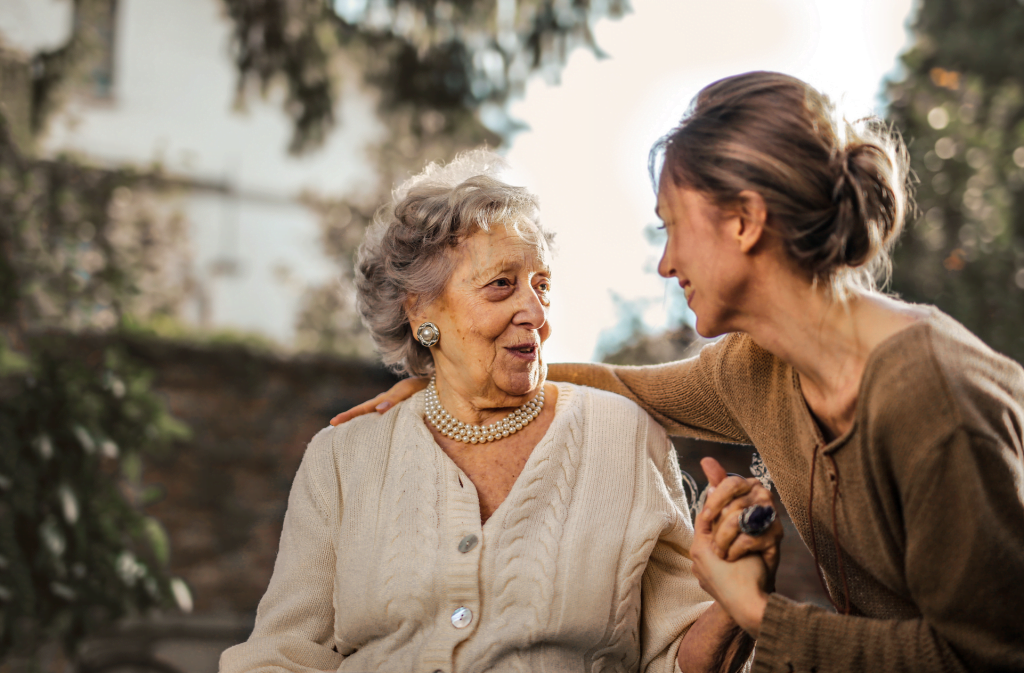
Statistics show that 70% of American adults require long-term care once they reach past 65. Furthermore, data indicates a growing need for more nursing facilities to provide this care, as by 2060, senior citizens will share 23% of America’s total population.
With such a large population in the US dependent on the system for long-term care, it is surprising that the neglect of senior citizens runs deep. According to a Commonwealth Fund survey, US seniors report low accessibility to care, with 23% not going to a doctor because of cost concerns. Furthermore, America’s older population is also more financially vulnerable, with around 6 million seniors living below the poverty line.
As a caregiver for seniors acknowledging the growing need for elderly care in the United States is crucial to understand the value of your role. You can empower your seniors to stand up for themselves despite rampant neglect. To combat common issues and provide the best care to older adults, you can utilize the following empowerment strategies:
Table of Contents
Safeguard seniors
Over 10 million senior American citizens experience abuse yearly, with nearly 1 in 3 nursing homes cited for abuse. However, about 28% of this abuse goes unreported, according to a federal audit by the Office of the Inspector General (OIG). The review of skilled nursing facilities in 33 states found 134 cases of potential senior abuse. The OIG followed this result with a tweet concluding that out of those 134 cases, most consisted of harassment or sexual abuse.
As a caregiver, you must ensure your loved one receives proper care. With evidence highlighting the malpractice of senior care facilities, it would be best to contact a Nursing Home Abuse Center at the earliest signs of exploitation. Your loved ones should not suffer in silence; their abusers should not go unpunished. You can explore your legal options by contacting an abuse center and building a case for financial compensation. The older adult under your care should be able to communicate and be honest with you about their experiences. Let them know they are important and you are here to protect them.
Promote independence
As people grow old, they cannot easily do the daily tasks they once could. This loss of independence can cause the senior under your care to feel helpless and lose their sense of purpose. Simple things like running an errand, dressing, and managing money can help them feel capable and self-reliant, which boosts their self-esteem and positively impacts their mental outlook.
Introducing independence in small steps is vital to empowering senior adults. Start by involving them in simple tasks that match their abilities, allowing them to make choices that give them a sense of control. For example, let them decide what outfit to wear for the day or assist in preparing a light meal. As they accomplish these tasks, praise their efforts and encourage them to take on more responsibilities gradually.
Encourage regular physical activity
According to the CDC, 23.5% of adults over 65 have poor health. With age comes physical limitations, so it’s crucial to ensure your elders stay active. Regular exercise improves cardiovascular health, strengthens muscles and bones, and boosts flexibility and balance. This fitness reduces the risk of falls and injuries, allowing seniors to stay more active and engaged in daily activities. They should at least dedicate 2.5 hours a week to exercise and establish a routine to maintain health.
You can encourage the senior adult under your care to exercise by going slow and incorporating simple movements like yoga and light chair exercises into their routine. You can also make the activities fun to increase participation. People are more likely to stay motivated and engaged when the action is enjoyable. Suppose your senior likes gardening. In that case, encourage them to tend to their plants regularly, which involves light physical activity like bending, stretching, and walking around the garden.
Enhance social engagement
A good social life is essential to maintain senior adults’ well-being and happiness. Old-age adults require more love and attention and are more prone to loneliness. With 33% of senior adults reporting a lack of companionships, studies indicate that seniors with better family and social relationships have lower chances of getting depressed.
You can encourage elders to socialize by planning regular gatherings with family members or neighbors. Plan game nights with their friends and introduce them to apps connecting them with their loved ones. You can also support their hobbies and connect them with people of similar interests. Suppose your elder loves book reading. In that case, you can sign them up for a book club where they can talk and engage with other people.
Foster positivity
Older adults struggle with many challenges, like health issues and cognitive changes, which make it difficult to cope. They come face-to-face with their mortality, and that vulnerability can create negative emotions such as fear and anxiety. As a caregiver, you should address these issues to foster a more positive mindset toward aging.
You can encourage your elder to be more positive by practicing gratefulness. Ask them what they love most about life and their most significant accomplishments. An old-age adult can also be a victim of ageism and stereotypes, which can shatter their self-esteem. As a caregiver, you should build their confidence and create a positive perspective of aging. Have them practice positive affirmations and remind themselves of their achievements. Always be kind and sensitive to your senior’s emotions. Remember, small gestures and thoughtful interactions can significantly affect their outlook on life.
Encourage lifelong learning
Learning new skills keeps a person engaged and enhances their cognitive function. Research has shown that lifelong learning reduces memory loss and risks of developing mental disorders like Alzheimer’s and dementia. Learning a new language can also help reduce mental decline, according to a study that found a 4.5-year delay in cognitive decline for people who speak more than one language.
As caregivers for senior adults, you can foster a love for learning by offering diverse learning opportunities that align with their interests, such as workshops, online courses, or community classes. You can also introduce them to technology and online resources to explore new subjects.
Conclusion
Your elders have walked a path of resilience and endurance, and you now must safeguard their well-being and dignity. You can shape the present and lay the foundation for a future where older adults thrive with grace, love, and respect. Your compassion and dedication ensure that our cherished seniors enjoy their later years.


